Digital Forensic Insights from the Lone Star State
Having worked in digital forensics for 35 years, I have been fascinated by new technologies and methods to improve efficiency. Lately, I’ve noticed significant changes in the desire to use artificial intelligence. It appears that there are groups that are fully in, believing and preaching about this “life-changing” technology, and, conversely, those who are tired of hearing about it and experiencing AI fatigue. Some recent examples help illustrate the divide.
You might have seen this one in the news — the sister of Christopher Pelkey, the man shot to death in a road rage incident in 2021, used artificial intelligence to create a digital version of her brother based on video and audio recordings. This digital avatar provided a victim impact statement written by Pelkey’s sister to represent what she believes he would have said, were he alive.
The video had a strong impact on the judge, who said it “allowed Chris to speak from his heart as [his sister] saw it.” However, the thought of having your voice and likeness manipulated after your death, even if it’s by a loved one with good intentions, didn’t sit well with many. Some said this was taking technology too far.
While this situation may be an outlier in terms of its uniqueness, I think it illustrates this feeling of AI fatigue, particularly in the legal industry. Another high-profile example is the copyright infringement case recently brought against Meta. A group of authors sued the tech company over unauthorized use of their works to train its AI models. The judge in the case went so far as to say, “I just don’t understand how that can be fair use.”
Going a step further, a recent BBC article, “The people refusing to use AI,” talked to people who take an extreme position on the technology — I’m not surprised by their stance. It brings up the importance of human oversight of AI models, something that I often think about.
As you can probably tell, AI and how we can use it effectively and safely has been on my mind. Is this the dawn of a new era, or are you fatigued by what a lot of people refer to as hype?
If you’d like to discuss, please reach out.
David Greetham is a tenured digital forensics expert and is the vice president of digital forensics at Level Legal. He has testified as an expert on numerous occasions both nationally and internationally. He has acted as a joint neutral expert on many occasions, specifically in the areas of digital forensics analysis, information governance and eDiscovery methodologies.
David has teaching and consulting experience at the White House, Harvard University, and New Scotland Yard. He serves as an executive advisor to EDRM and has been featured in CIO Magazine.


